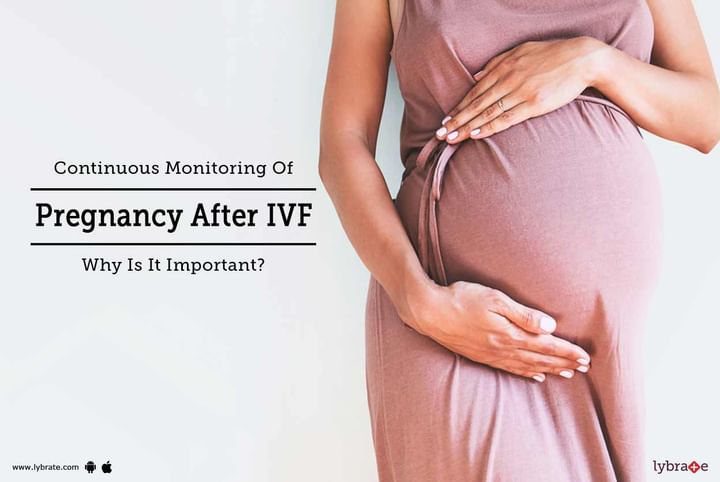Continuous Monitoring Of Pregnancy After IVF - Why Is It Important?
A pregnancy needs to be monitored at regular intervals to ensure that it is progressing normally and the child’s growth and the mother’s health are in good shape. Though this was not the case a few decades ago, monitoring has helped reduce failure and also helped to identify congenital anomalies. Therefore, it has now become a norm. However, with IVF, this need is further increased as there are more than these two reasons to monitor pregnancy through IVF.
Read on to know more about the importance of monitoring a pregnancy through IVF.
- Success of IVF: After embryo transfer, it needs to be continuously monitored to ensure it successfully develops into a foetus. In the first few weeks, it should be monitored for proper implantation.
- Multiple pregnancies: In pregnancies via IVF, the chances of multiple pregnancies are far higher than in normal pregnancies. Therefore, monitoring becomes important.
- Obstetric complications: Instances of conditions such as first trimester bleeding, placenta previa, pregnancy-induced hypertension, ectopic pregnancy, miscarriages, and fetal dislodgement are common and need to be looked out for.
- Child growth: Again, with IVF, conditions such as intrauterine growth retardation, intrauterine fetal death, preterm labor, and the need for a caesarean section are higher than with normal pregnancies. Monitoring helps the couple and the medical term prepare for these well in advance and not at the last-minute. It is important to note that the embryo has gone through a lot of chemical and medical changes and so needs constant monitoring. Conditions such as Downs syndrome need to be looked out for during the 11 to 13 weeks. If required, the amniotic fluid may be sampled to identify anomalies.
- Advanced maternal age: With women getting married late (the late 20s to late 30s in most cases), maternal age is increasing. It has been proven that with advanced maternal age, chances of normal conception are reduced and so most women resorting to IVF are slightly older compared to normal pregnancies. It has also been proven that babies born to women with advanced maternal age are more prone to develop congenital abnormalities. Most women are given progesterone up to week 12 to help maintain the pregnancy. Hypertension and diabetes should also be monitored, as they bring their own set of complications. Pregnancy-induced hypertension (PIH) is quite common in women with advanced maternal age.
During the three trimesters, it is important that the developing foetus and the mother are monitored for various reasons. The medical team, therefore, becomes an extended family, not just someone doing the IVF. This is very critical for a successful pregnancy through IVF with optimal health of both the mother and the new-born.



+1.svg)
